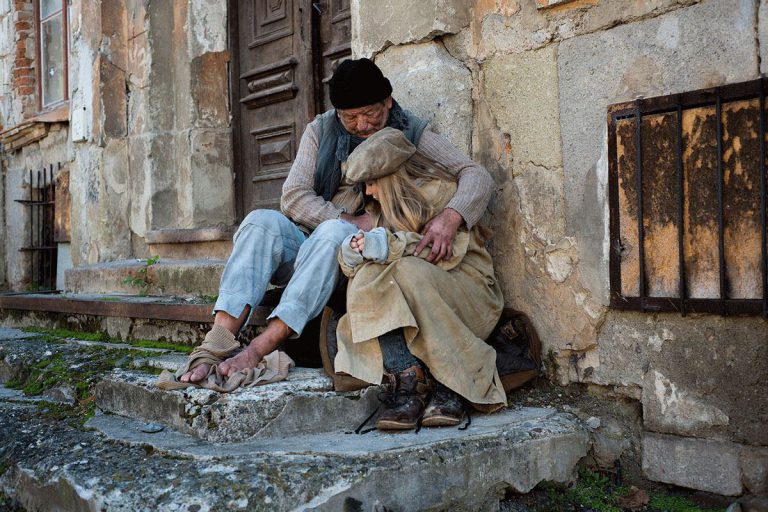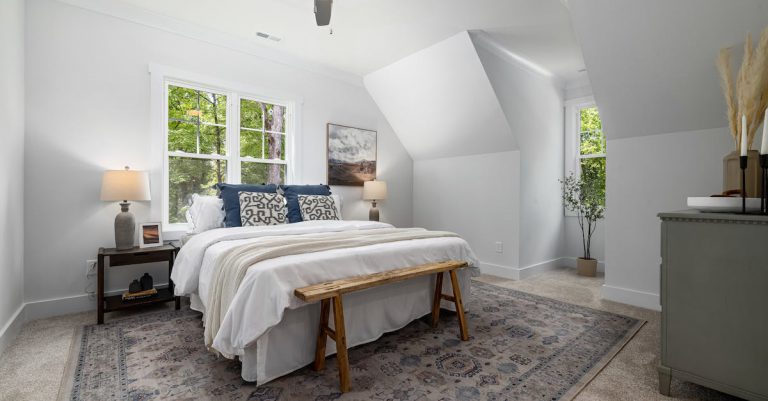If you’re staying at a hotel and want to invite friends or family over to hang out in your room, you may wonder – am I allowed to have guests visit my hotel room? Rules around bringing guests to your hotel room vary between properties.
While most hotels will allow visitors during daytime hours, some do have restrictions. Here’s a quick overview of typical hotel guest policies.
In this article, we’ll dive into hotel guest rules in detail, covering topics like nightly visitor limits, charges for extra guests, ways hotels monitor and enforce guest policies, tips for hosting visitors discreetly, and best practices for avoiding issues with hotel staff.
Standard Hotel Guest Policies
Visitors are Allowed During the Day

Regarding hotel guest policies, most establishments allow visitors during the day. This means that if you have friends or family members staying in a different hotel or even locals who want to visit you, they can come to your room during the daytime hours without any issues.
It’s a great opportunity to catch up, share a meal, or enjoy each other’s company. However, it’s important to adhere to the hotel’s rules and regulations regarding the number of visitors and any additional charges that may apply.
Also Read: Can You Have Visitors In Hotel Rooms?
Overnight Guests are Restricted
While daytime visitors are generally allowed, hotels often restrict overnight guests. This ensures all guests’ safety and security and prevents unauthorized individuals from staying overnight.
Most hotels require that all overnight guests be registered at the front desk and provide valid identification. It’s important to check the hotel’s policy beforehand to avoid surprises or misunderstandings.
If you have someone who wants to stay overnight with you, it’s best to inform the hotel in advance to ensure a smooth check-in process.
Guest Fees are Common
Many hotels charge additional fees for guests staying in the room. These fees are typically referred to as “guest fees” or “additional occupancy charges” and are meant to cover the cost of extra amenities and services provided to the additional guest.
The fees can vary depending on the hotel’s policy and the number of guests staying in the room. It’s important to inquire about these fees when making your reservation or during check-in to avoid any surprises on your bill.
Some hotels may also have a maximum occupancy limit for each room, so it’s essential to check if there are any restrictions before inviting guests to stay with you.
It’s important to remember that hotel guest policies may vary from one establishment to another. It’s always a good idea to familiarize yourself with the specific policies of the hotel you plan to stay in to ensure a pleasant and hassle-free experience for you and your guests.
Also Read:
Do Hotels Care If You Have An Extra Person?
How to Avoid Extra Person Charges at Hotels?
How Hotels Monitor and Enforce Guest Policies

Hotels have specific policies to ensure all guests’ safety and comfort. Monitoring and enforcing these policies is important to maintain a pleasant and secure environment. Here are some ways hotels monitor and enforce guest policies:
Registration Requirements at Check-in
When guests arrive at a hotel, they are typically required to provide identification and complete the check-in process. This helps hotels keep track of who stays on their premises and ensures that only registered guests can access the hotel facilities.
Hotels may also require guests to sign a registration card or agreement outlining the terms and conditions of their stay.
Also Read:
How to Check into a Hotel without ID?
A Step-by-Step Guide on How to Check-In at a Hotel
Room Keys Control Access
Room keys are crucial in controlling access to hotel rooms and common areas. Hotels often use electronic key card systems, which can be programmed to allow access only to specific areas or for a limited time.
This helps prevent unauthorized entry and ensures that only guests and authorized personnel can access the hotel premises.
Also, some hotels may require guests to return their room keys to the front desk when leaving the premises. This further helps hotels monitor who is coming and going and ensures that guests do not lend their keys to unauthorized individuals.
Also Read:
The Importance Of Turning In Hotel Keys: A Comprehensive Guide
Do Hotels Charge For Lost Key Cards?
Staff and Security Patrol Hallways
Hotels employ staff and security personnel to monitor the hallways and common areas. They are responsible for ensuring that guests follow hotel policies and maintain a safe and peaceful environment.
These personnel may conduct regular patrols, especially during peak hours, to deter disruptive behavior or unauthorized access.
By having staff and security personnel present, hotels can quickly address policy violations and take appropriate action to maintain a pleasant experience for all guests.
Tips for Hosting Hotel Guests Discreetly

Communicate Plans Discreetly
When hosting guests in your hotel room, discretion is key. Communicating your plans discreetly is important to avoid any potential issues or disruptions. One way to do this is by using encrypted messaging apps or secure communication channels to share your plans and coordinate with your guests.
This ensures that your conversations remain private and confidential.
Additionally, be mindful of who you share your plans with. Only inform trusted individuals who will respect your privacy and keep your arrangements confidential. This minimizes the chances of unwanted attention or interference.
Arrange Staggered Arrival Times
To maintain a sense of privacy and avoid drawing attention, it’s advisable to arrange staggered arrival times for your guests. This means coordinating with each guest individually to determine a suitable time for them to arrive at the hotel.
Doing so can minimize the likelihood of multiple guests arriving at once and attracting unnecessary attention.
Staggered arrival times also allow you to personally greet and settle each guest into your room without causing a commotion or disrupting other hotel guests. It adds an element of exclusivity and ensures a smooth and discreet experience for everyone involved.
Keep Noise Levels Down
One key factor in discreetly hosting hotel guests is to keep noise levels down. Be considerate of other guests staying at the hotel by minimizing noise in your room. Avoid loud conversations, blasting music, or engaging in activities that may disturb the peace and tranquility of the hotel environment.
If you plan on socializing or having a gathering in your room, ensure that the noise levels are reasonable. Consider using headphones, closing doors, or soundproofing techniques to maintain privacy and prevent disturbances.
Remember, respecting hotel policies and the comfort of other guests goes a long way in maintaining a discreet and enjoyable experience for everyone.
For further information on hotel etiquette and guidelines, you can visit www.worldtravelguide.net.
Avoiding Problems with the Hotel
Be Flexible About Charges for Extra Guests
When bringing guests to your hotel room, it’s important to know the hotel’s policies regarding extra guests and any associated charges. Some hotels may charge an additional fee for each additional person staying in the room to cover the cost of amenities and services provided.
It’s always a good idea to clarify these charges with the hotel before making your reservation to avoid surprises upon check-in.
Follow Check-In/Out Procedures

To avoid problems with the hotel, following the check-in and check-out procedures is essential. This includes providing the necessary identification and payment information at check-in and adhering to the designated check-out time.
Failure to do so may result in additional charges or complications with your reservation. It’s also helpful to familiarize yourself with any specific policies or requirements the hotel may have regarding check-in and check-out.
Also Read:
Do You Have To Check Out Of A Hotel? A Comprehensive Guide
How Does Checking In And Out Of Hotels Work?
Respect Hotel Quiet Hours
One way to ensure a pleasant stay for yourself and your guests is to respect the hotel’s quiet hours. Most hotels have designated quiet hours during which guests are expected to keep noise to a minimum. This ensures that all guests enjoy a peaceful and restful stay.
By adhering to these quiet hours, you not only avoid potential noise complaints from other guests but also help maintain a positive atmosphere in the hotel.
Conclusion
Most hotels will accommodate visitors in your room during the daytime, within reason. However, be aware of potential restrictions around overnight guests.
By following hotel policies, communicating plans discreetly, and maintaining good relationships with staff, travelers can successfully host guests while avoiding issues.






